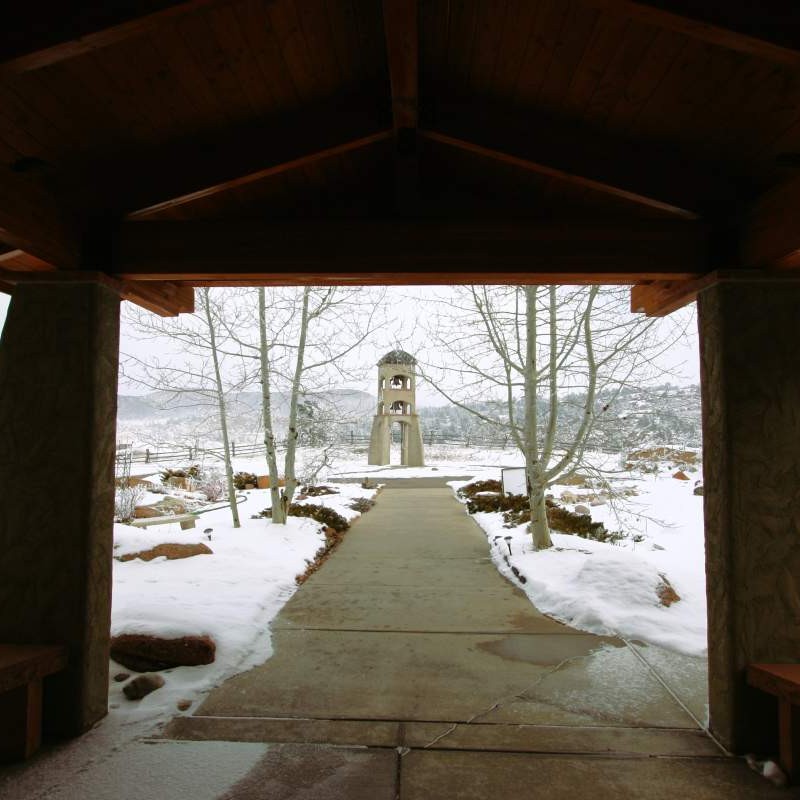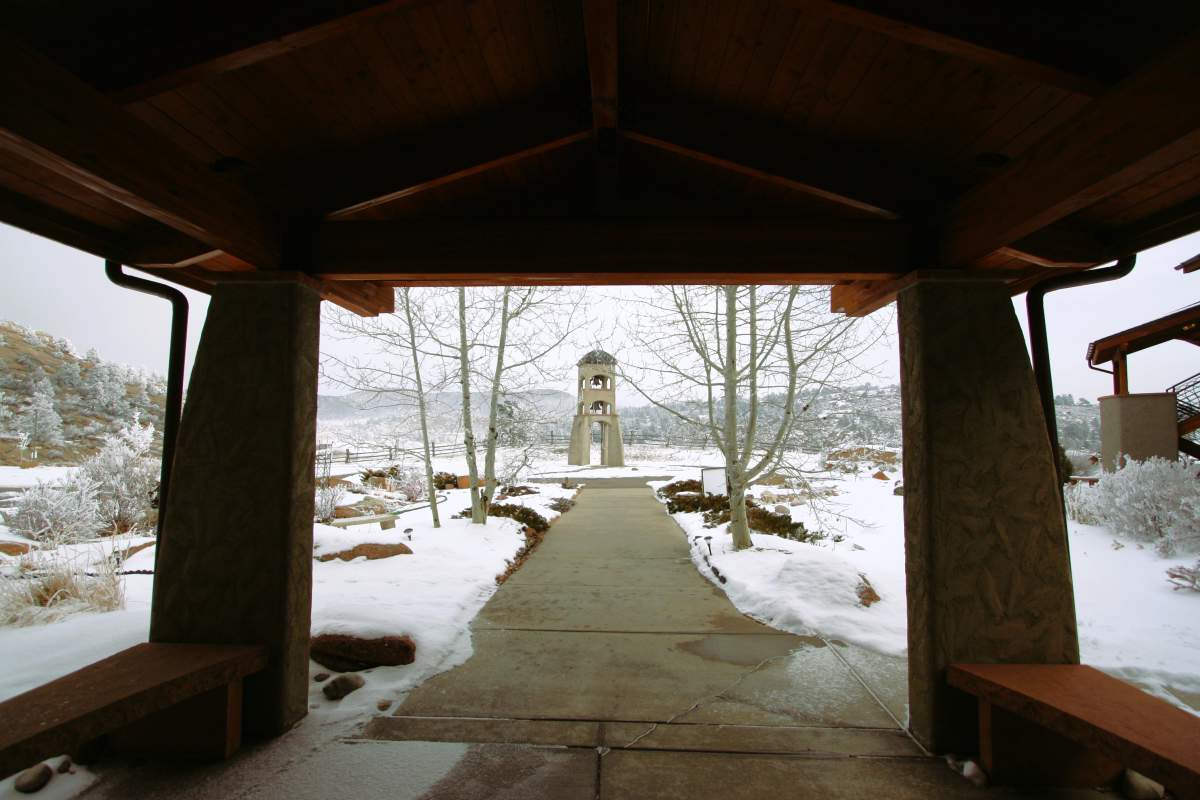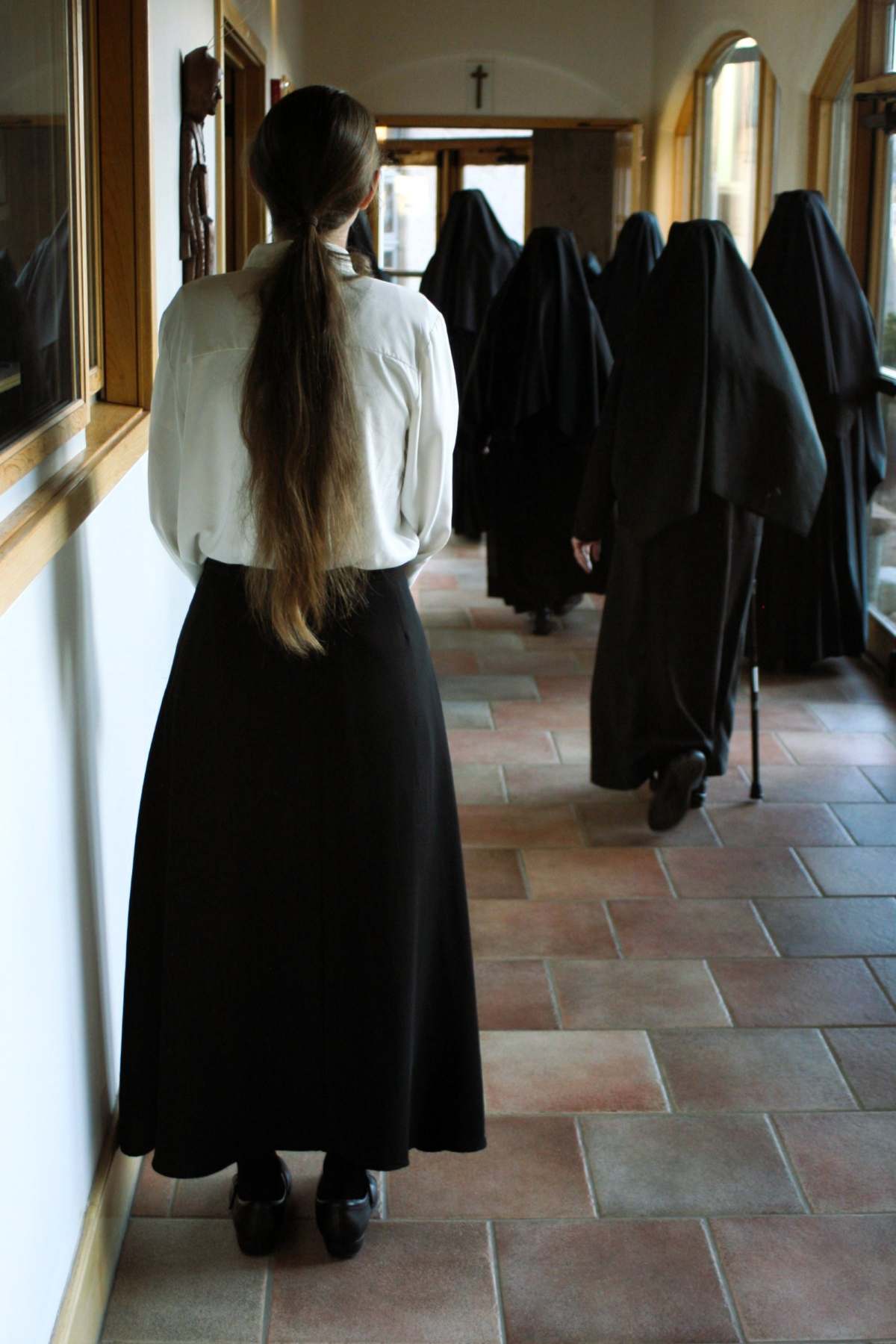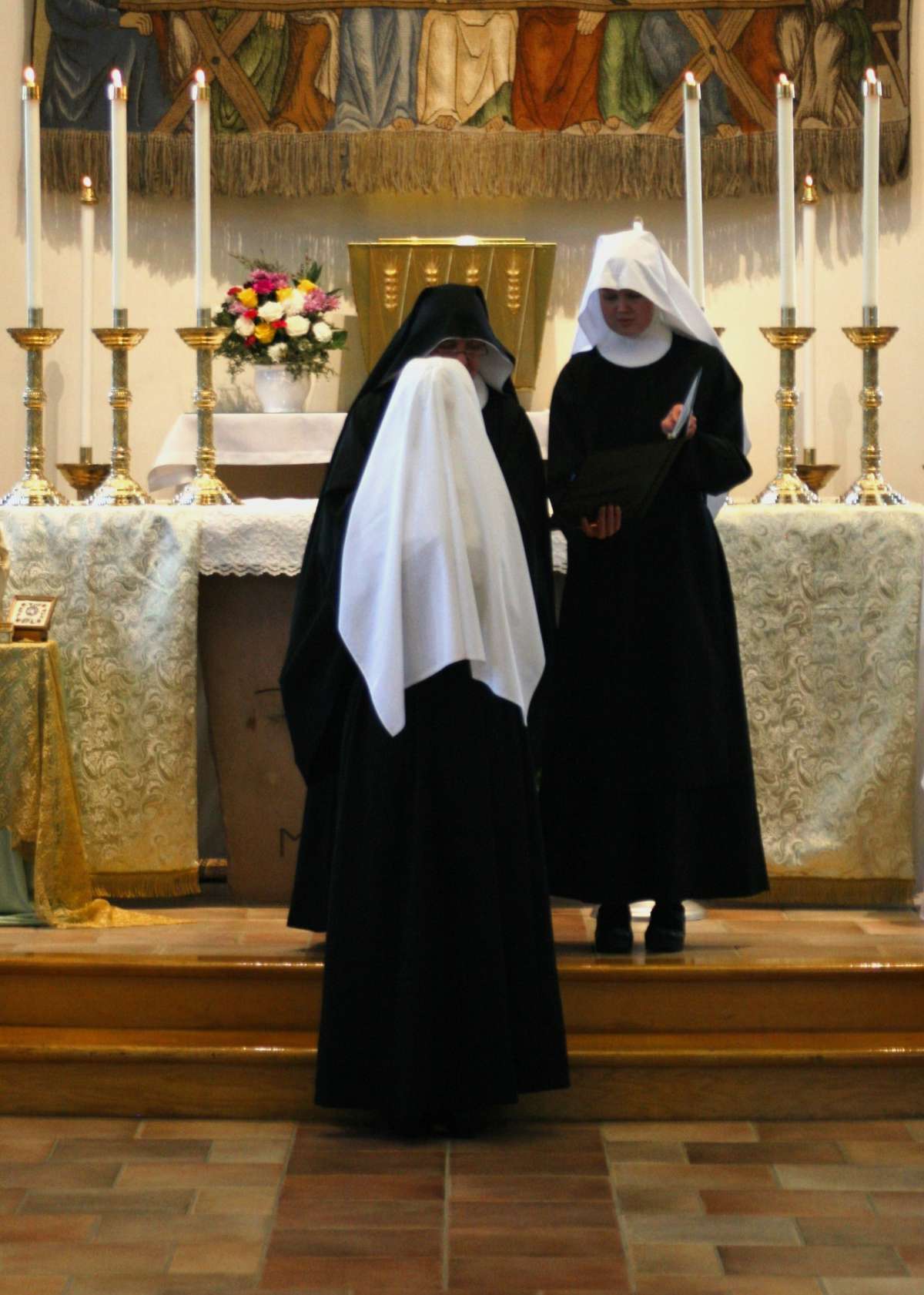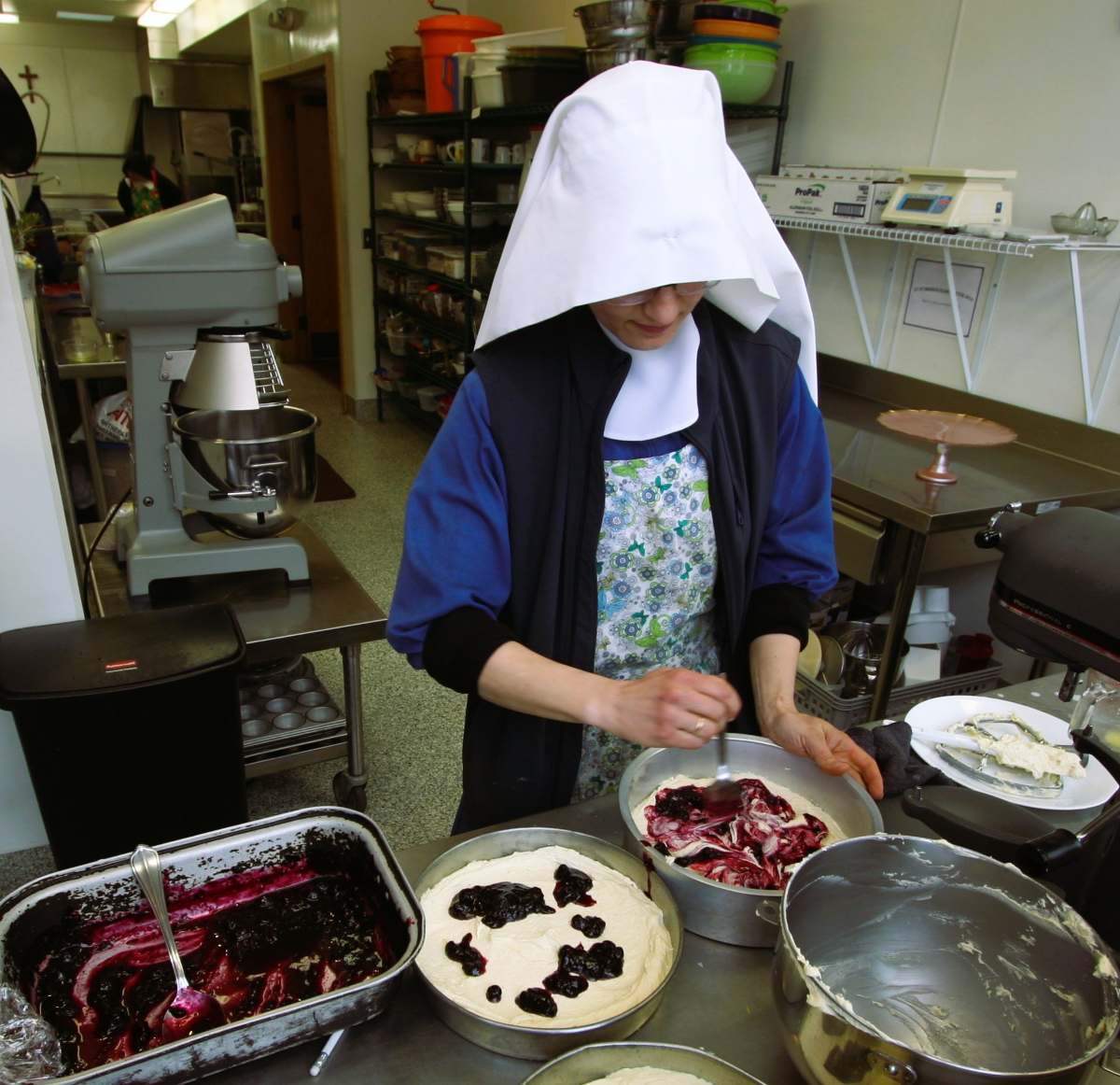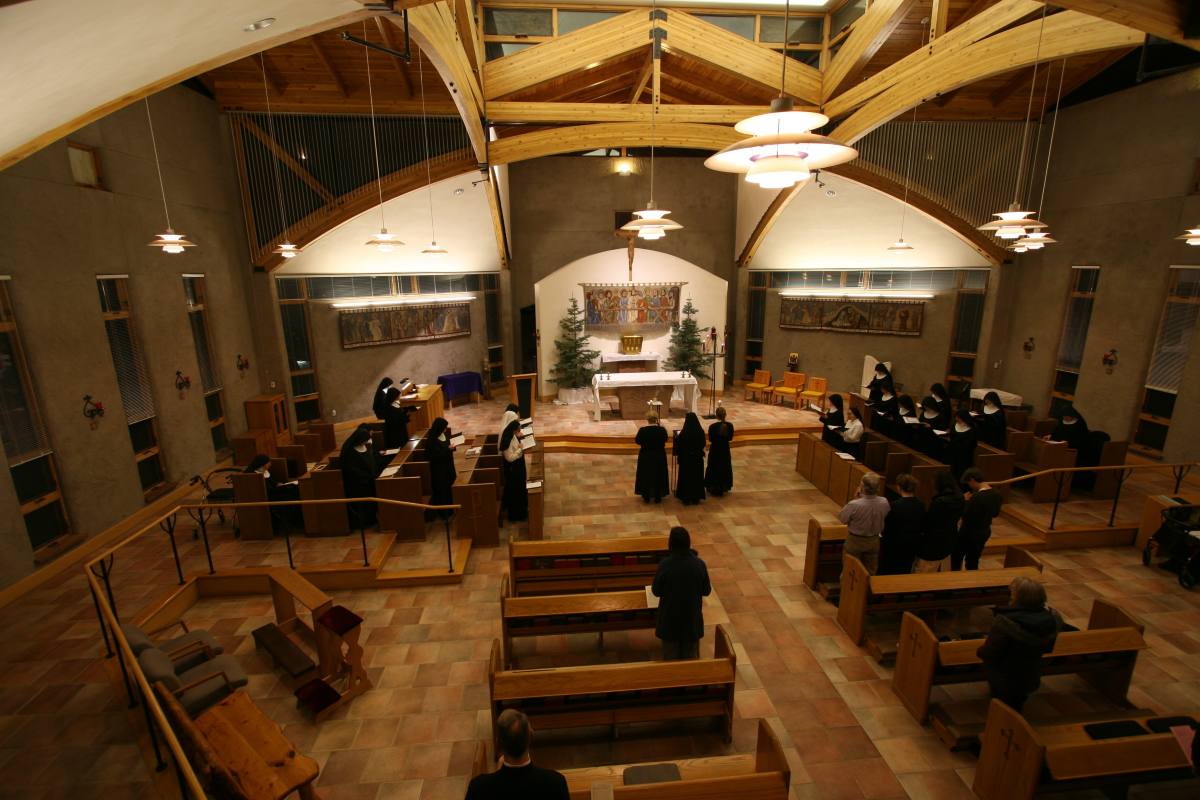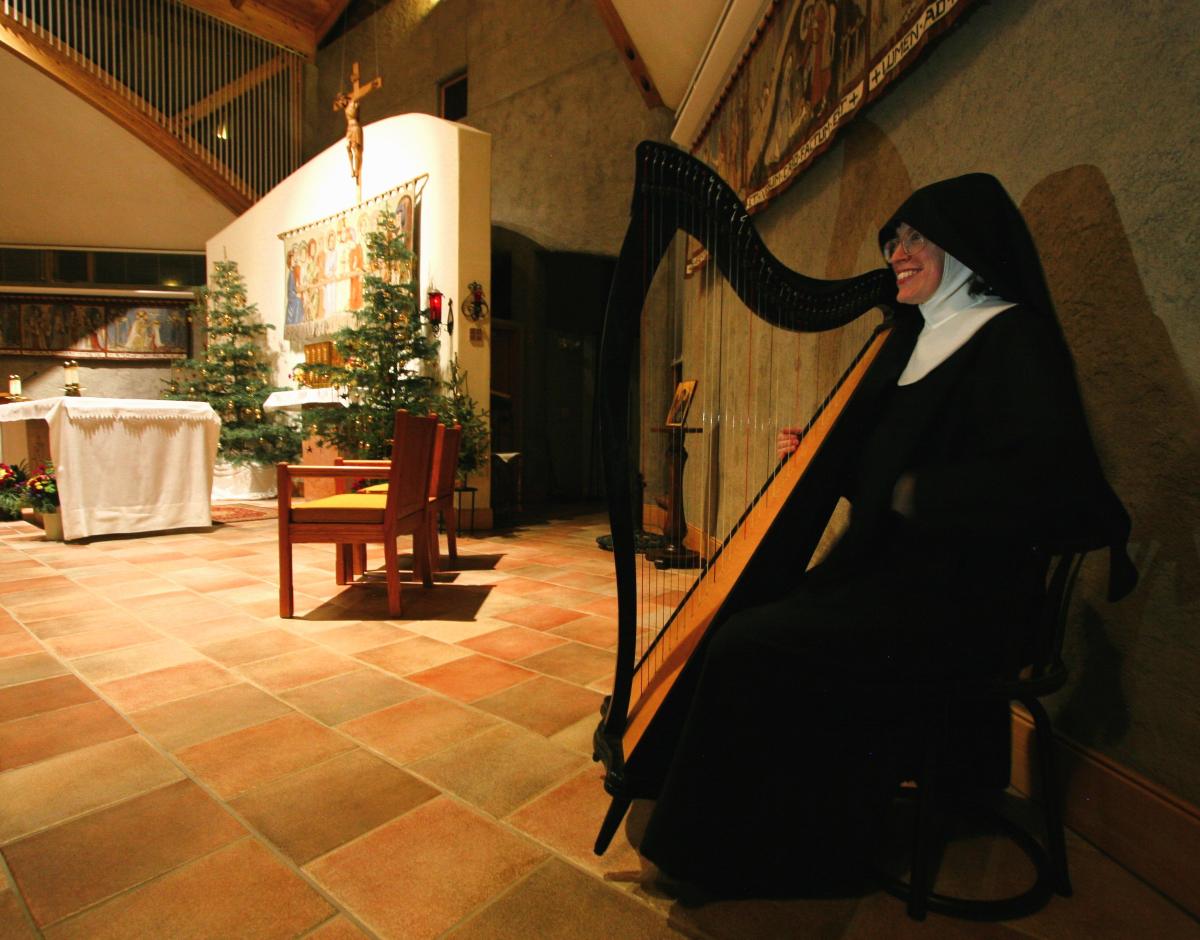Excerpts from Mother Maria-Michael’s Easter season reflections, which highlight the ways in which we can follow in the footsteps of the first disciples
Abbey of St. Walburga paschal candle department artwork
Commenting on Acts 9,
the first Mass reading from the third Friday of Easter:
We have much to learn from the reading about St. Paul’s
conversion. He had the courage to ask God the question, “Who are you?”, and
once he knew that it was Jesus, he made a 180 degree turn and followed Him, he
who had up to that moment been persecuting Christians for the sake of God. His
zeal was for God all along, only it was misguided. So he was open and ready to
change his mind and his life once he had been enlightened by Jesus. It goes to
show that when we truly want to know God and do His will, He will guide us.
However, it may require a complete change of heart on our part, as was the case
with St. Paul. Our sinful ways are never the end; Christ’s Resurrection has the
final word, and so our sins can be the very things that lead us to God if we
let them. Whenever we do our Lectio Divina, we should approach the Word in this
way, open and ready to be surprised by God. The course of our day, the course
of our lives, can be changed by the truth He reveals to us through our prayerful
reading, meditation and listening.
Commenting on Acts 16,
the first Mass reading from the fifth Saturday of Easter:
We hear that Paul and Timothy were prevented by the Holy Spirit from going to Asia to preach. I think this means that they knew how to listen well to the Spirit’s guidance in their lives; they must have cultivated that spirit of silent listening that is so important, that joyful silence which listens for the voice of God with the ears of the heart. In this way of being, you are even open to interruptions and failures because with God’s grace you learn to accept them as gifts from the hand of God. You may experience suffering or see suffering and not understand, but that is where faith comes in, trusting in God’s wisdom above one’s own, believing that He truly is working for the good. Yes, our ways are different than the world’s ways, because it the world tells us that we need to have an answer to everything. But as Christians we must try to accept the mysteries of life and not always need to explain them.
Commenting on Acts
22-23, the first Mass reading from the seventh Thursday of Easter:
It is good to have our motives questioned, as Paul’s were before the Sanhedrin, even when we feel that we are being accused unjustly. It is a great benefit for us to see criticism as a gift, because then no matter what, whether we are being flattered or persecuted, we can be grateful that God is giving us the opportunity to evaluate our intentions. He desires for us to stand before Him with a clear conscience, regardless of what anyone else thinks, so He allows us to be tested in this way in order that our motives may be purified. After asking ourselves whether or not an accusation about us is true, we can move forward with that self-knowledge and act accordingly, grateful for the gift of self-knowledge we have received through the experience. Through this process we will purified in our intention to do everything, no matter how small, for the glory and honor of the Father.
Reflection on Ascension
Sunday:
It is hard to imagine how difficult it must have been for the apostles to go from living in community with Jesus to trying to function without Him after His Ascension. But we know that He did not leave them orphans. They had to learn, as we do now, how to recognize His presence within themselves and in each other. I imagine they had the grace to live in the way Brother Lawrence describes in his book The Practice of the Presence of God, where God is everywhere and in everyone and everything, we have only to ask for the eyes to see Him. Do we act and speak as if Christ were dwelling in the other? This is the great challenge and adventure of the Christian life, to always be on the lookout for God, joyfully anticipating finding Him in each person we meet, and yes, within our very selves.















